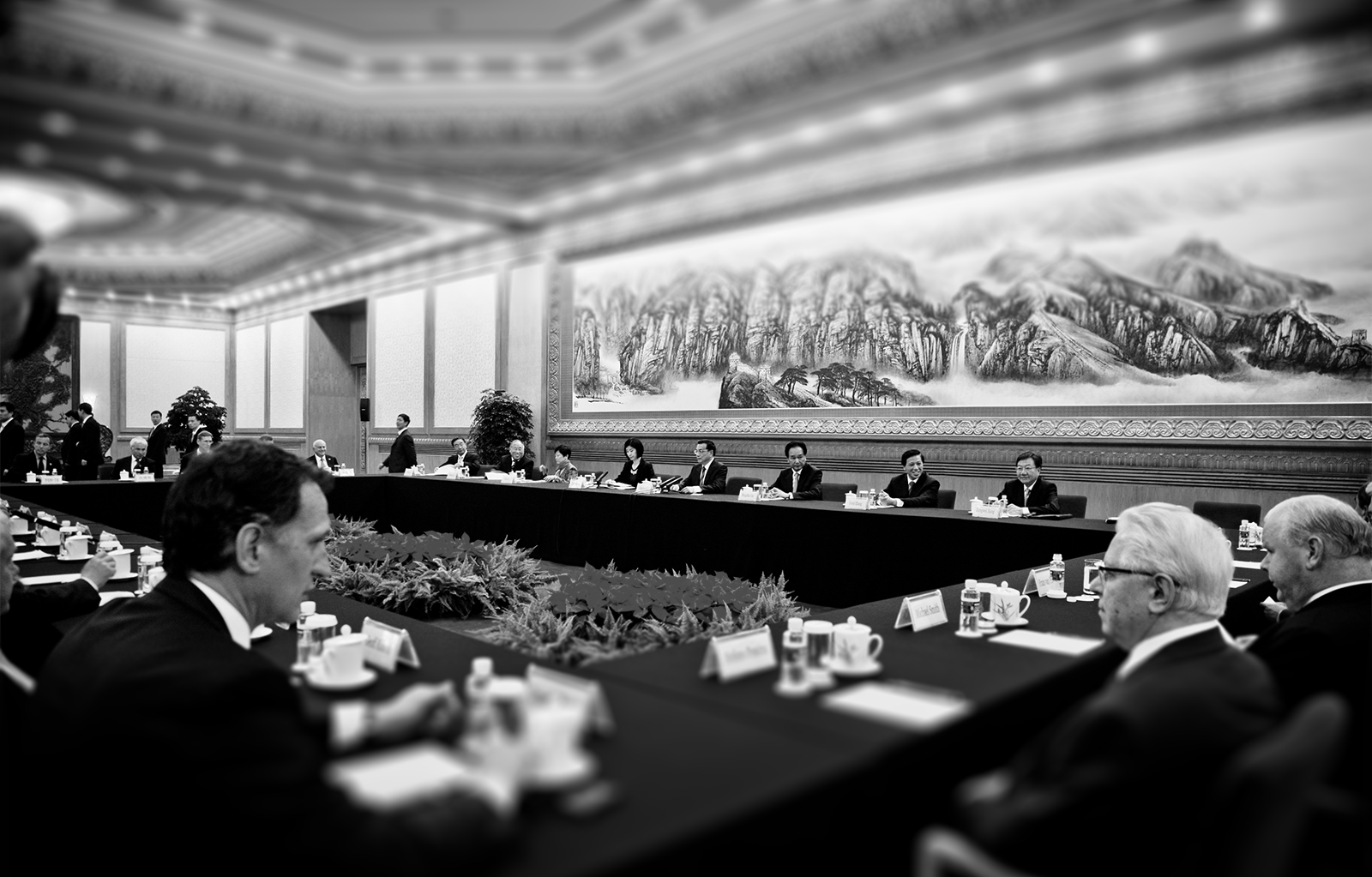He may be down, and while he should be out, it is too soon to draw the curtains on his presidency.
—
“The Trump Presidency Is Over.”
So declared a recent commentary in The Atlantic magazine. The author states that the United States government’s failure to act in a responsible way to limit the impact of Covid-19 is the tipping point which will end the Trump presidency.
If the election were being contested next week as a referendum of Mr Donald Trump’s response to the global pandemic, he would most likely lose.
A crashing stock market. A rising unemployment rate. The refusal to take action to mitigate Covid-19’s impact in the US when there was time. All should and would spell doom for any incumbent president.
But the election is not upon us. And Mr Trump is unlike any previous incumbent. He may be down, and while he should be out, it is too soon to draw curtains on his presidency.
SAINT PATRICK’S DAY VERDICT GOES TO BIDEN
The past two weeks have been pivotal for the Democrats. This week was decisive.
First, on March 3, aka Super Tuesday, Mr Joe Biden won 10 of the 14 states and re-established himself as his party’s front runner.
A week later, on Mini Tuesday, he won four states, cementing himself as the front runner.
This past Tuesday, he became the presumptive nominee with wins in three key states – Arizona, Florida and Illinois.
In boxing terms, Mr Bernie Sanders has suffered two knockdowns and a knockout. The Saint Patrick’s Day verdict has been delivered. Mr Biden won.
More often than not, Democrats win when they nominate an outsider. But this time in the age of Trump and with the century’s worst health crisis upon us, they did the opposite and went with the candidate who came to Washington in 1973 and was the establishment candidate in the field.
The only question that remains, absent some extraordinary and unforeseeable circumstance, is how much of a say Mr Sanders has in the party’s platform and the top priorities of a Biden administration; or if he can use his influence to leverage seats in the administration for the next generation of progressives to follow in his footsteps.THE EPIDEMIC AND THE ECONOMY
Ever since 1916, every single president who ran for re-election with no recession in the two years prior has won.
Conversely, since 1912, every single president (save one) who ran for re-election in which there had been a recession two years prior to election day lost.
If the US tips into recession, certain voters will hold that against President Trump, fair or not.
So far, his approval ratings remain sky-high with his Republican party. At this stage, we do not know yet if that support is recession-proof.
What is clear is that arguments are already being proffered by Mr Trump and his supporters for why he should not be held responsible for Covid-19 and its fallout: it’s China’s fault for being the origin of the virus; it’s Europe’s fault for not closing their borders to China soon enough; it’s former president Barack Obama’s fault for not putting in place adequate resources to combat a global pandemic.BIDEN VERSUS TRUMP
In the Democratic primary, when it came down to Mr Biden versus Mr Sanders, steady, knowledgeable and experienced leadership was the order of the day.
As the election pivots from the primary to the general, the Biden campaign will do everything it can to frame the election as a referendum on whether the actions undertaken by the US government under Mr Trump’s leadership during the coronavirus pandemic were proper, given what was known and should have been done.
In Singapore, The American Club started temperature screening for everyone accessing the club on Feb 8. It was only on March 14 that temperature screening started in the US for people meeting the President and Vice-President.
How could the US have been so slow in its response? At the White House, no less?
That is an example of framing the election as a referendum.
On the other hand, Mr Trump will strive to make this a choice between himself and Mr Biden.
To do so, he will employ a few of his nicknames for his presumptive opponent: “Sleepy Joe”, “Sleepy Creepy Joe”, “Quid Pro Joe”, “Very Slow Sleepy Joe”, going after his age (at 77, he is four years older than the President) and other weak spots.
Mr Biden’s performance on Monday night’s debate to Mr Sander’s comparatively mild attacks gives no confidence that he is ready for the coming onslaught. Being part of the fabric of Washington, DC, for nearly half a century comes with a long record upon which people can pick you apart. Mr Sanders did that to Mr Biden during the debate by bringing up such topics as his Senate votes on the 2005 bankruptcy Bill and trade votes such as the North American Free Trade Agreement.
Just imagine what Mr Trump will do.
Beyond attacks on his policy record, expect a full Mr Biden family onslaught in the autumn as being part of The Swamp, such as Mr Biden’s son having engaged in international business in the Ukraine during the Obama administration.
As a candidate, Mr Biden has a tough time going for his opponent’s throat. That’s not who he is as a person. Mr Trump is that kind of person and will go for his.A WEEK IS A LONG TIME
If the general election were next week, Mr Biden would almost certainly win.
The downward trend for the economy and the lack of support for Mr Trump’s handling of the coronavirus crisis work to Mr Biden’s favour.
If by November, however, the US is back to some semblance of economic and social normalcy, let alone in the midst of a full recovery, it will again be a close election.
The question is whether just enough of Mr Trump’s voters last time, especially that 12 per cent of the “Bernie Bros” who voted for him instead of Ms Hillary Clinton, will do so again.
The nature of Mr Sanders’ departure from the race and how much he can convince his supporters to vote Democratic without him on the top of the ticket will matter a great deal to that small but decisive slice of voters.
But the election is not seven days from now. As former British prime minister Harold Wilson said, “A week is a long time in politics.” Thirty-four weeks is a lifetime.
Mr Jimmy Carter’s approval rating was 54 per cent in February 1980. Mr Ronald Reagan won in a landslide.
When the campaign really kicks off in September, will the pandemic be under control? Will the economy be back on track?
The facts on the ground will dictate how the election ends up being framed – as a referendum or a choice – and that will determine the result.



